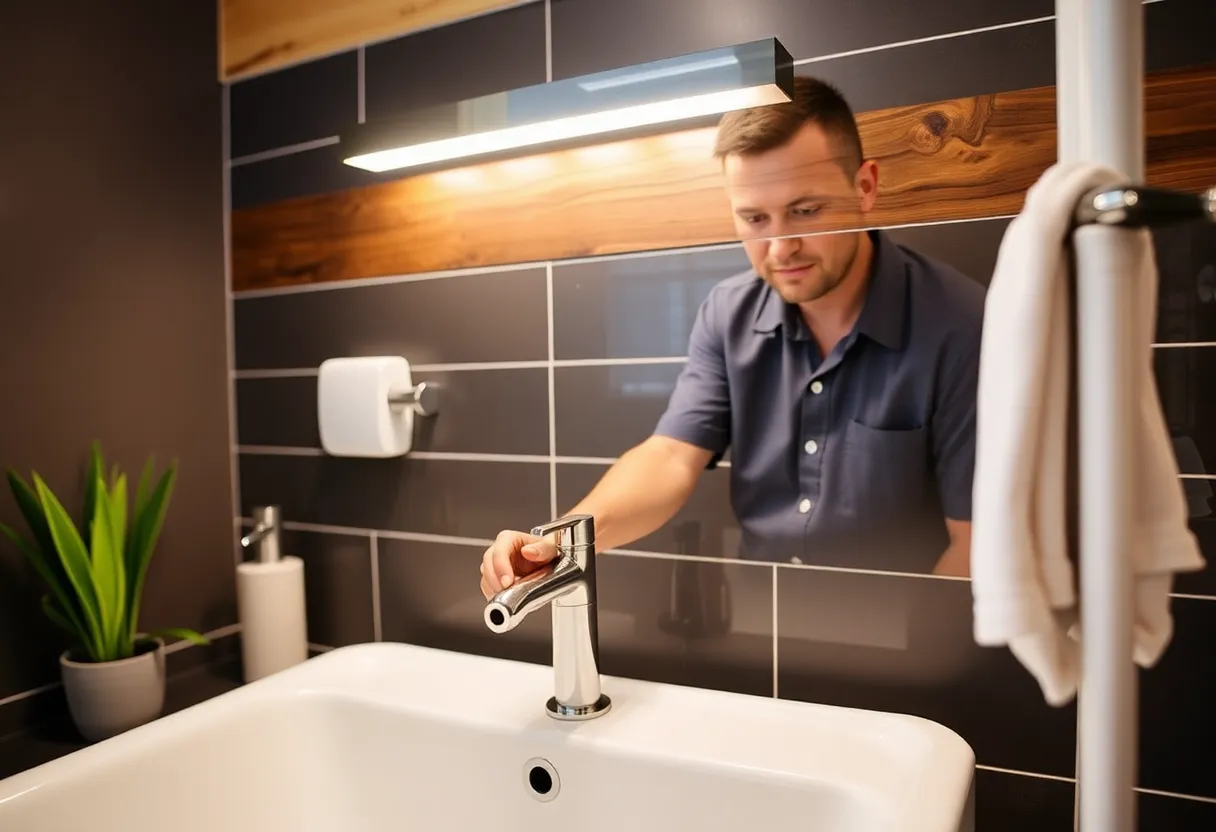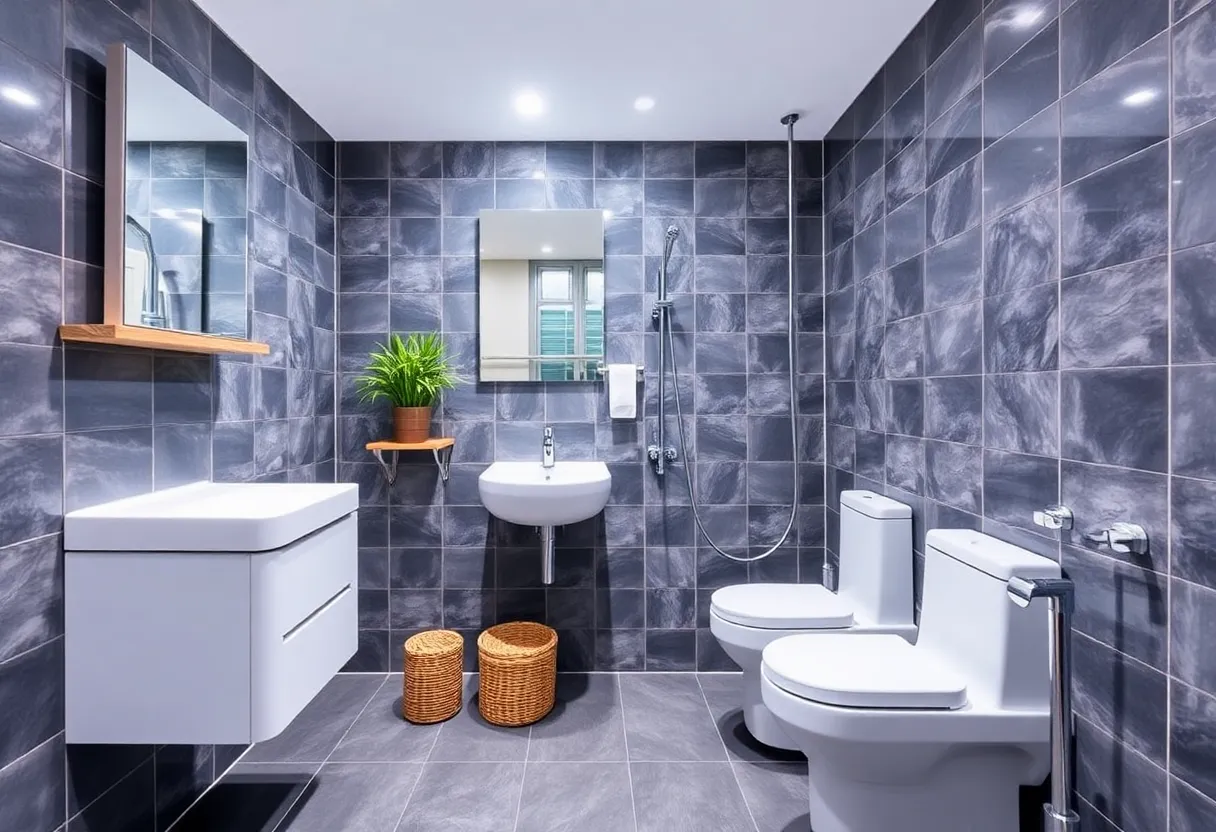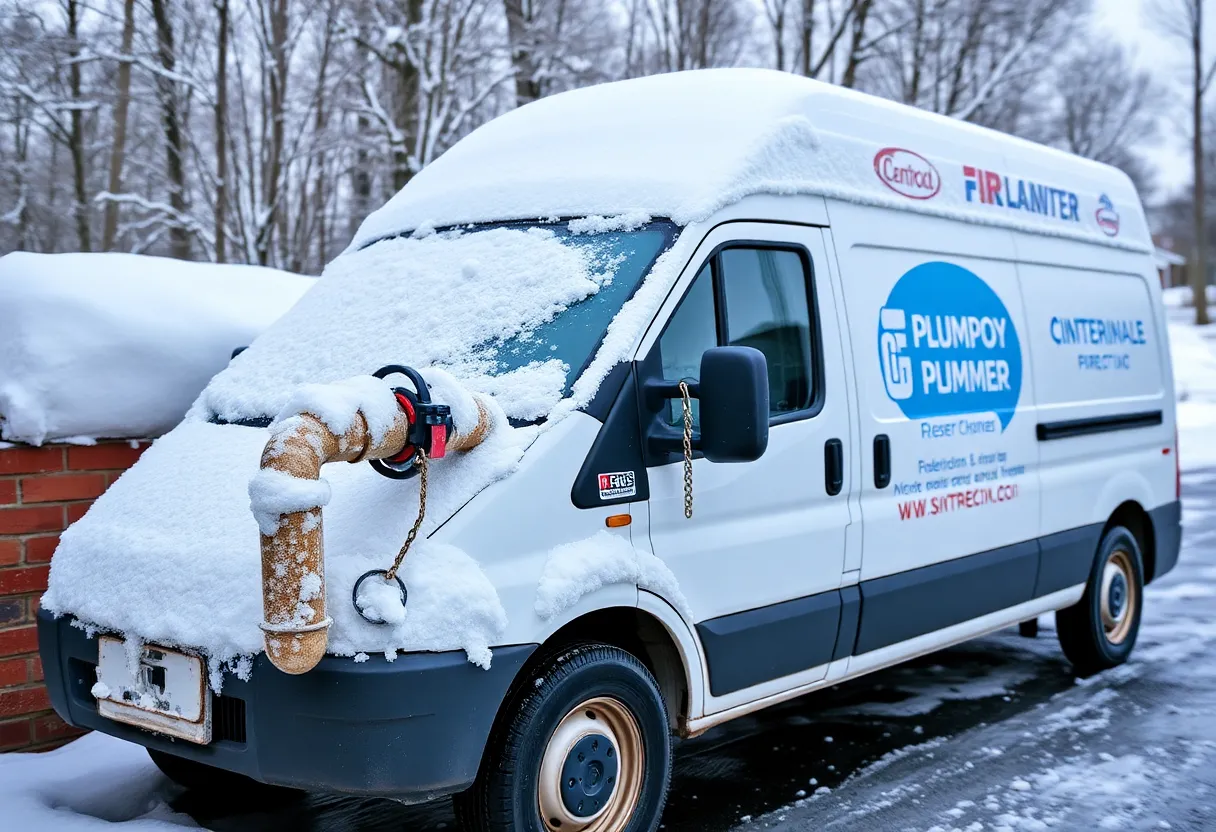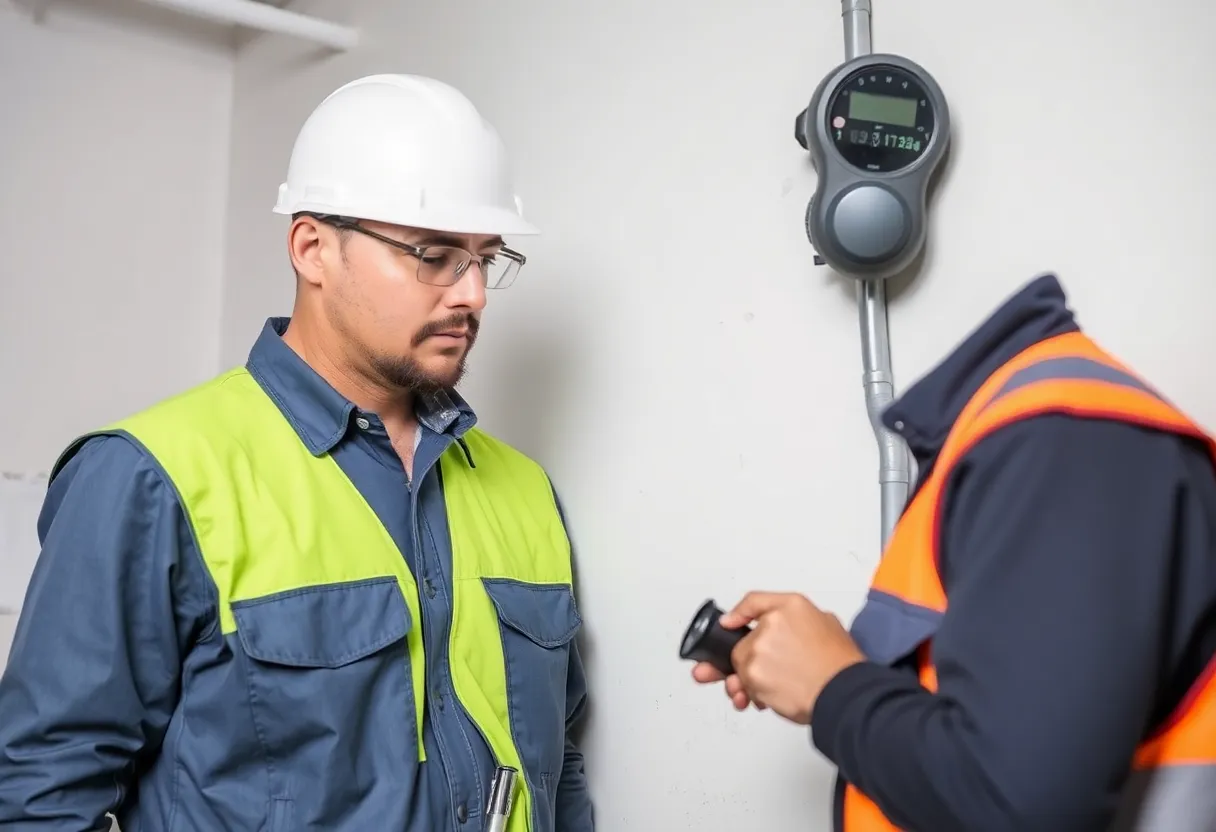The Plumbing Evolution: 10 Emerging Technologies Set to Redefine Home Water Systems in 2025
In the ever-evolving sphere of home improvement, plumbing technology stands out as a crucial area undergoing transformation. As we approach 2025, several innovative technologies are set to redefine how we manage water in our homes, ensuring efficiency, sustainability, and enhanced user experience. This article explores ten emerging technologies that are poised to change the landscape of home water systems.
1. Smart Plumbing Sensors
With the advent of the Internet of Things (IoT), _smart plumbing sensors_ are becoming increasingly common. These small, unobtrusive devices monitor water flow, temperature, and pressure in real-time. By connecting to a smartphone app, homeowners can receive immediate alerts about potential leaks or unusual water usage patterns.
Advantages
- Early leak detection, which can save thousands in repairs.
- Monitoring water consumption to promote sustainable usage.
- Integration with other smart home devices for cohesive home management.
2. Water Recycling Systems
As water shortages become a growing concern globally, _water recycling systems_ are emerging as a viable solution. These systems capture greywater from sinks, showers, and washing machines, treat it, and then redistribute it for non-potable uses such as irrigation or toilet flushing.
Benefits
- Significant reduction in water usage, potentially up to 50% on average.
- Environmental sustainability and conservation of resources.
- Lower water bills for homeowners.
3. Smart Water Heaters
Gone are the days of traditional water heaters. _Smart water heaters_ utilize sensors and Wi-Fi technology to optimize heating schedules based on usage patterns. They can also send notifications for maintenance needs or abnormalities in performance.
Key Features
- Remote control access via smartphone for convenience.
- Energy-efficient operation, reducing utility costs.
- Greater lifespan due to predictive maintenance alerts.
4. Advanced Leak Detection Systems
In addition to smart sensors, the emergence of _advanced leak detection systems_ is significantly increasing protection against water damage. These systems often feature acoustic sensors that listen for the sound of running water and can detect leaks in pipes, even within walls.
Why They Matter
- Minimizing damage and loss with rapid leak identification.
- Providing peace of mind for homeowners.
- Potentially allowing for insurance cost reductions due to risk mitigation.
5. Eco-Friendly Plumbing Materials
The fight against plastic waste has led to the development of _eco-friendly plumbing materials_ like reclaimed wood, bamboo, and recycled metals. These materials not only reduce environmental impact but also offer unique aesthetic options for homeowners looking to enhance their living spaces.
Advantages of Green Materials
- Durability and longevity for cost-effective solutions.
- Improved indoor air quality due to reduced toxins.
- Support for sustainable building practices.
6. Automated Irrigation Systems
For homeowners with gardens, _automated irrigation systems_ are transforming water usage. These systems utilize moisture sensors and weather data to determine when and how much to water plants, ensuring optimal hydration while minimizing waste.
Benefits of Automation
- Consistent and effective plant care without manual effort.
- Reduced water waste and lower utility costs.
- Flexibility to schedule watering even when away from home.
7. Point-of-Use Water Filtration Systems
In an age where clean water is a priority, _point-of-use water filtration systems_ are becoming essential. These devices filter water at the faucet or within the refrigerator, ensuring that every drop consumed is free from contaminants.
Key Advantages
- Improved water quality and taste.
- Convenient installation with minimal space requirements.
- Cost-effective compared to purchasing bottled water.
8. Smart Showers
The concept of _smart showers_ is gaining traction, integrating technology for a personalized shower experience. Users can control water temperature, flow, and even music through a mobile app or voice commands, enhancing comfort and efficiency.
Unique Features
- Customizable settings according to individual preferences.
- Water-saving features that ensure sustainable consumption.
- Scheduling capabilities for automated showers at specific times.
9. Drainage Management Systems
Effective drainage is crucial for maintaining a well-functioning plumbing system. Advanced _drainage management systems_ equipped with smart technology can monitor water levels and flows, preventing clogs and backups through proactive management.
Benefits to Homeowners
- Reduction in the frequency of plumbing emergencies.
- Extended lifespan of plumbing systems due to lower risks of overflow.
- Higher property value through enhanced infrastructure.
10. Virtual Reality in Plumbing Design
For those renovating or building new homes, _virtual reality (VR)_ is becoming a game-changer in plumbing design. This technology allows homeowners to visualize their plumbing layout and components in a 3D environment before implementation.
Advantages of Using VR
- Improved planning reduces costly mistakes and change orders.
- Enhanced collaboration between homeowners and contractors.
- Ability to experiment with various designs for optimal functionality.
Conclusion
The future of home water systems is bright and full of potential thanks to these _emerging technologies_. As we approach 2025, homeowners can look forward to a plumbing landscape that is not only more efficient but also significantly more sustainable and integrated with the smart technologies of today. By embracing these innovations, we can ensure that our homes are equipped to tackle the challenges of water management for years to come.









